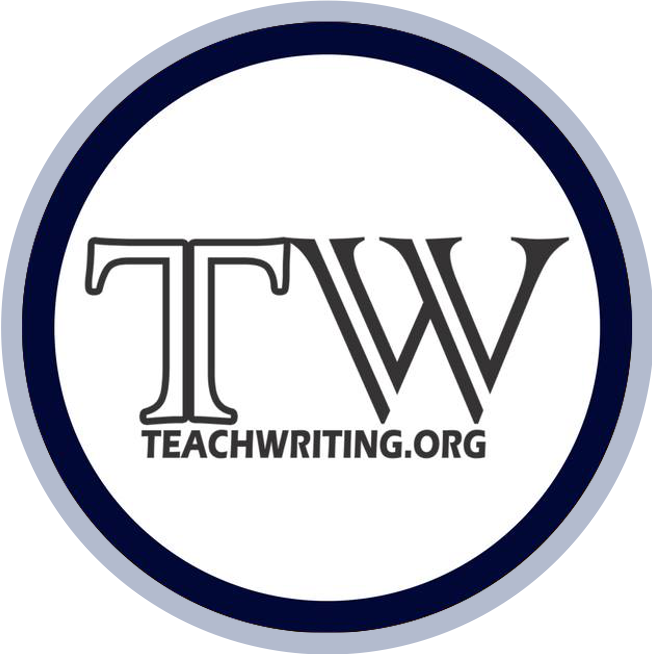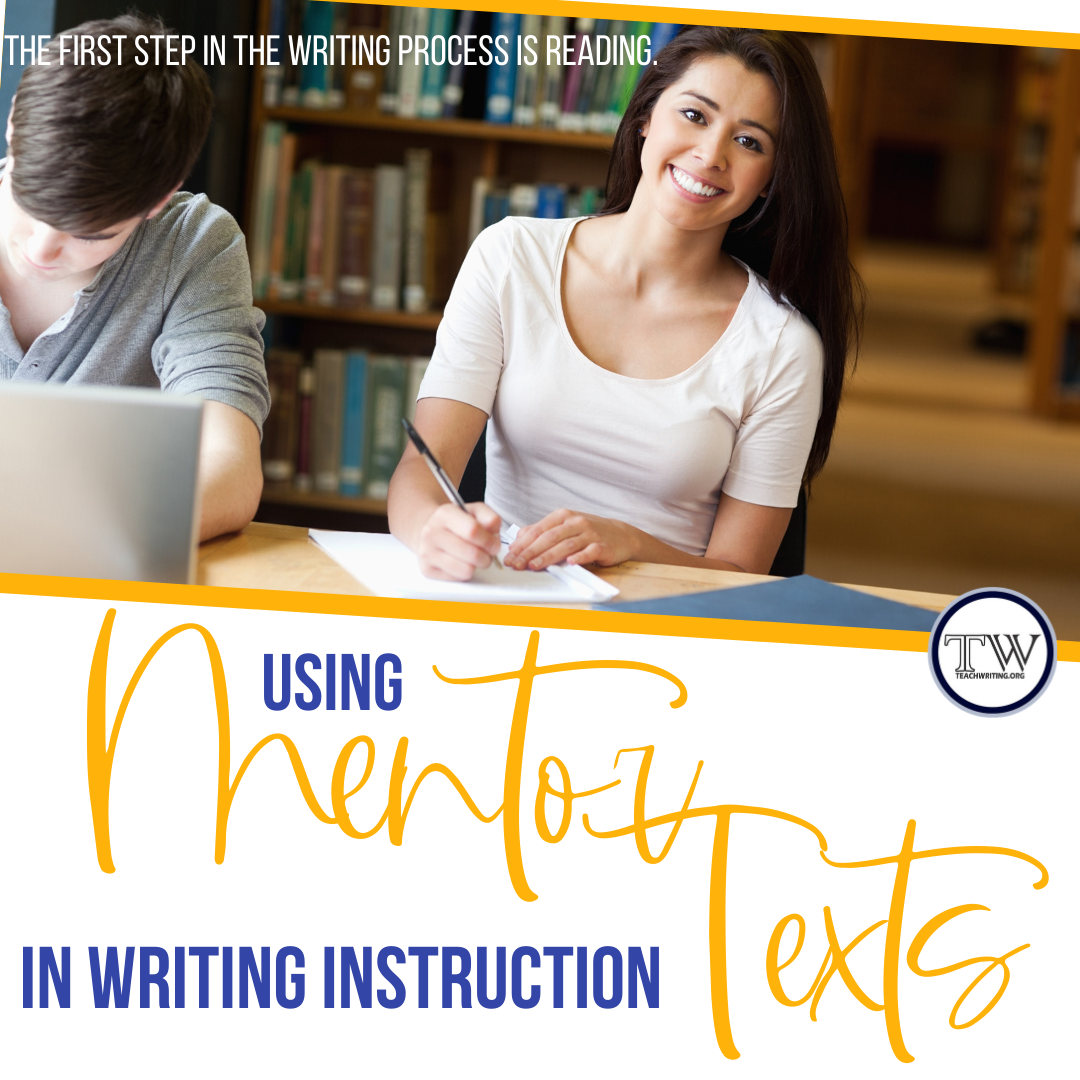This blog post includes six steps for teaching students about complete sentences, fragments, and run-on in an engaging way for students. There are examples of complete sentences and fragments included too!
Read MoreHelp students express their beliefs using creative writing and mentor texts.
Read MoreBefore I begin any large writing unit, I always get my students reading quality mentor texts. It wasn’t until a few years ago, however, that I introduced the concept of ‘reading like a writer’ to my students. Here is my ‘why’, and the struggle that I experienced that brought me to this new strategy…
I knew I wanted my students to read a mentor text before they began writing, but I found that my students were not making the connections I wished to make when they began to write their own work. They would read this quality excerpt from Maya Angelou’s memoir, for example, but not apply those same strategies to their own writing. I would still get those memoirs that were a basic recall of events, not the engaging story, as modeled in the mentor texts. There was a large disconnect, for a vast majority of my students, between the mentor texts and their own writing. I knew I would need to step up my scaffolding game, so to speak, if I hoped to build a bridge between these mentor texts and their own writing.
Read MoreGetting students to fully grasp the concept of tone and mood can be a truly difficult and daunting task. Students can have a very difficult time separating the mood they feel while reading from the author’s tone while writing. It can be even more challenging for students to think about the mood they wish a reader to feel while they are writing, which can require them to disregard their own tone.
Read MoreI love teaching students the skill of writing suspense during the spooky Halloween season. This is a great time for introducing suspenseful mentor texts and writing suspenseful narratives. I love having students read spooky tales in preparation for writing their own spooky tales.
Read MoreValentine's Day provides an opportunity during the month of February to focus on one of the most powerful topics in literature and art: LOVE. Love is as polarizing as the Valentine's Day holiday itself: some love it, and some hate it. Nonetheless...
Read MoreUnderstanding the many nuances of great writing can seem like a daunting challenge for teachers and students alike. As educators, we are aware of the strong correlation between good reading skills and good writing skills. This is because students are absorbing the author’s craft as they explore amazing works of literature. This knowledge has given rise to the popularity of mentor texts within the ELA classroom.
Read MoreTeachWriting.org has announced a new writing workshop endeavor for the 2017-2018 school year. This year, the collaborators at TeachWriting are creating DAILY WRITING PROMPTS via their Facebook Page for English teachers in grades 6-12.
Read MoreHow I overcame my distaste for poetry while still eliciting a love/appreciation of poetry from my students!
Read More"To be a poet is a condition, not a profession." -- Robert Frost
You may find yourself in agreement with Frost's famous quote when it comes to teaching poetry in the secondary classroom. However, love it or hate it, poetry can play a helpful role in teaching students how to write! Famous poems can serve as mentor texts for students and showcase key literary and rhetorical devices in action.
Read MoreTeaching writing can be an overwhelming challenge. It can rarely be taught sequentially like a math class, which begs the question- where do I even begin? Grammar, sentence structure, idea development, voice, organization?
Read More
![Engage Students in Analyzing, Revising, and Writing Effective Sentences with these 6 Steps [Examples of Incomplete Sentences, Complete Sentences, and Run-ons Included]](https://images.squarespace-cdn.com/content/v1/589b7c3946c3c43e71916cfd/1667000023698-7OS3GCSU463UHX2XTOTP/Copy+of+Copy+of+Teach+Writing++Idea+Pin+Templates+%281300+%C3%97+900+px%29+%28400+%C3%97+400+px%29.png)










